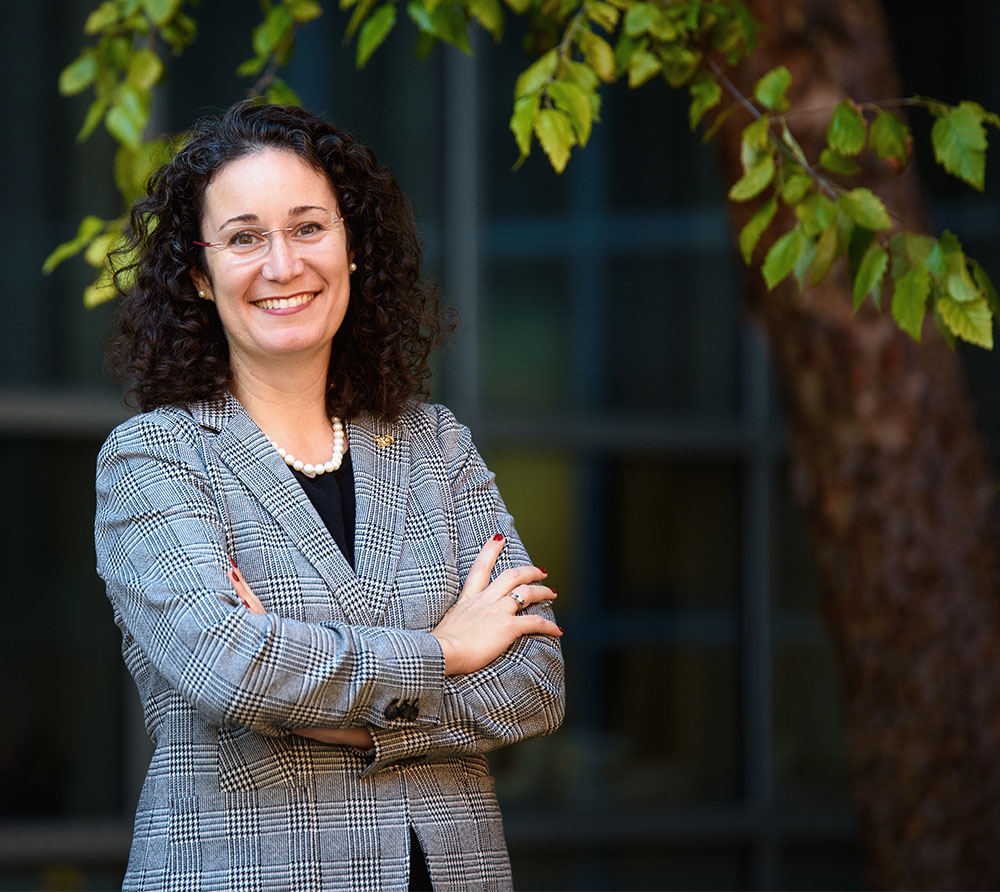
Dean Sharon Walker
A team of interdisciplinary leaders at Drexel are studying how race and gender barriers affect women in academia and seeking solutions on how to address the issue.
Led by College of Engineering Dean Sharon L. Walker, PhD, the project will investigate the University’s practices in promoting midcareer women faculty and identify best practices developed by other institutions. Walker is joined on the project by co-PIs Maria Schultheis, PhD, professor of psychological and brain sciences; Kristy Kelly, PhD, associate clinical professor of education; and Leslie McClure, PhD, professor and chair of epidemiology and biostatistics.
“Drexel has a long history of recruiting and hiring talented women faculty and promoting them through the associate professor level,” Walker explains. “But a recent internal audit showed a gap in promoting these women to full professorships. This is both a loss for Drexel, because we don’t get to experience the full potential of these faculty, and something that is all too common in academia and the world at large.”
“The experience of our students — and the academic community at large — only gets stronger when we add more types of voices to the mix.”
Sharon Walker
The study will focus on the career paths of midcareer faculty based on gender and race/ethnicity, while also paying attention to gender identity and expression, country of origin, different abilities, family status, and faculty appointment type and rank. The investigators hope to find and eliminate policies, procedures and practices that might negatively impact midcareer women faculty and to create five-year strategic plan that lays out a transparent, sustainable path for them to reach full professorship.
“The University understands that it is critical to ensure diversity and equity across the career lifespan of faculty in STEM,” Walker says. “The experience of our students — and the academic community at large — only gets stronger when we add more types of voices to the mix.”
The project has received support from the National Science Foundation’s NSF ADVANCE program, which provides grants to enhance the systemic factors that support equity and inclusion and to mitigate the systemic factors that create inequities in the academic profession and workplaces.
“To have the support of the NSF underlines the importance of this work,” Walker says. “We are hopeful that the data we collect in this study can be a foundation of a longer-term strategy for faculty equity and diversity that may open future opportunities for us to work with the ADVANCE program.”